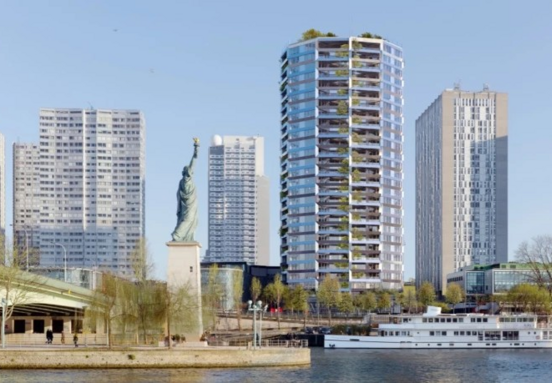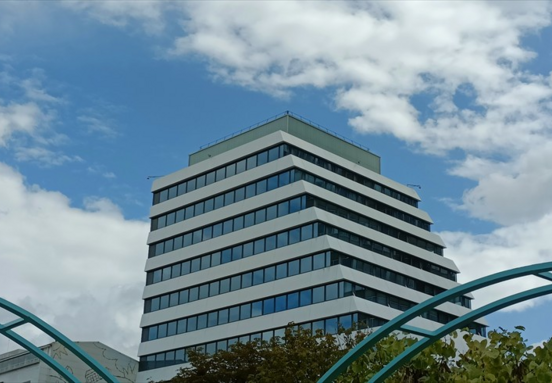Understanding telework's financial drain
While telework offers undeniable flexibility and benefits for employees, it often comes with a substantial, yet hidden, financial cost for businesses.
Companies are grappling with significant financial waste, often unknowingly, even as remote work gains popularity.
Effectively managing your physical assets in a hybrid work environment is crucial to avoid unnecessary expenditures.
The silent culprits: underutilized offices and parking
A primary source of these hidden costs is the underutilization of physical office spaces and parking facilities. Many companies continue to pay for full office capacity and dedicated parking spots despite a reduced daily physical presence from their workforce. This leads to the familiar sight of half-empty offices and numerous vacant parking spaces, especially when traditional lease agreements and fixed resource allocations remain unchanged.
The true cost of empty desks and vacant spots
The financial impact of these inefficiencies is staggering. Lease agreements, cleaning services, building security, and energy bills often remain fixed or minimally reduced, regardless of the actual daily occupancy.
Moreover, rigid parking management systems, which often involve fixed attribution, mean allocated spots sit empty when employees work from home, adding to the financial burden.
Industry estimates suggest that these combined inefficiencies can cost businesses up to €100,000 annually, a sum that could be reinvested in growth or employee benefits.
Strategic solutions for modern businesses
The good news is that these substantial losses are largely preventable. Businesses can reclaim these funds and significantly enhance their operational efficiency through strategic adjustments to their real estate management, particularly when considering new office or warehouse space rentals.
Embracing data-driven space management
Implementing fine-tuned occupancy rate measurements is a crucial first step. Understanding actual space usage patterns allows businesses to transition to demand-driven flex office policies, where desks and meeting rooms are allocated based on real-time need rather than fixed assignments. Data-guided arbitration ensures that every square meter of your office or warehouse space, and every parking spot, serves a purpose and contributes to productivity, not waste.
Optimizing your real estate for the hybrid era
For businesses looking to rent office or warehouse space, or to optimize their existing footprint, an integrated application for coordinating office and parking bookings is a game-changer. Such a system, leveraging real-time occupancy data and integrating with HR systems, can dynamically allocate resources.
This not only optimizes space utilization and drastically reduces financial waste by aligning expenditure with actual usage but also significantly improves the employee experience by ensuring resources are available precisely when and where they are needed. By adopting these strategies, companies can transform potential losses into tangible savings and a more efficient, future-ready workspace.
Source: mediavenir.fr







